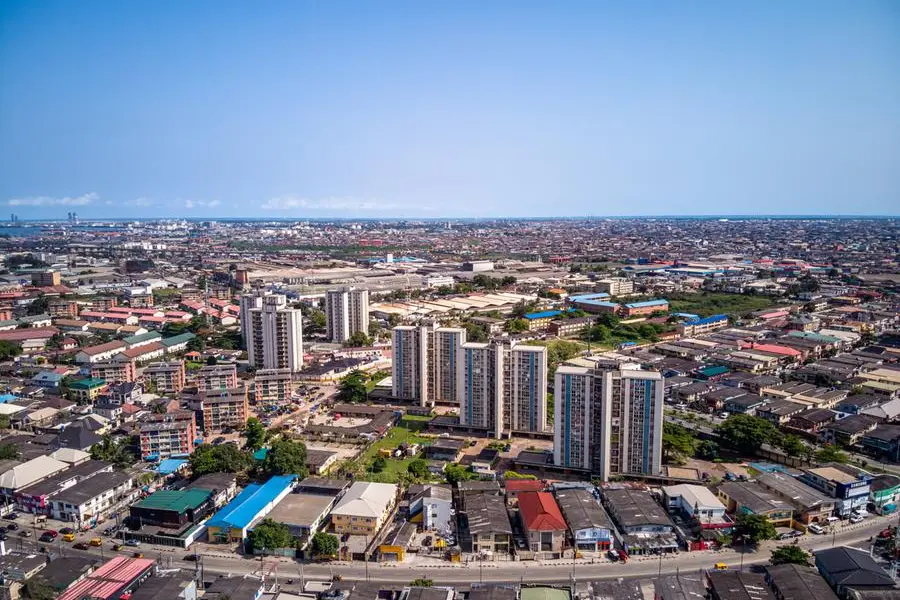PHOTO
With Nigeria’s money supply (M3) close to N100 trillion, hitting a new peak of N99.24 trillion in May 2024, the June 2024 inflation rate at a peak of 34.19 per cent, and the naira exchanging at over N1,500 to the US dollar, the Monetary Policy Committee (MPC) of the Central Bank of Nigeria (CBN) faces tough policy decisions today.
The CBN MPC began its two-day meeting on Monday, July 22, to be concluded today, Tuesday, July 23, 2024.
The committee would announce the outcome of its assessment of broad monetary policy options and make interest rate decisions.
Given the increasing money supply, the ineffectiveness of monetary policy in curbing inflation, continuous naira depreciation, higher borrowing costs, and their combined impact on the real sector, most analysts believe that the best option for the committee might be another interest rate hike.
The latest money and credit statistics data from the Central Bank of Nigeria (CBN) reveals a month-on-month (M-o-M) increase of 2 per cent from N96.97 trillion the previous month and a year-on-year (Y-o-Y) growth of 78 per cent from N55.69 trillion in the same month of the previous year.
M3 encompasses both net foreign assets and net domestic assets, painting a holistic picture of the nation’s monetary dynamics.
It is also M1 (very liquid monies such as cash, checkable (demand) deposits, and traveller’s checks) plus CBN bills, while M2 represents currency outside banks plus demand deposits and quasi-money (investments).
Despite the MPC’s tightening stance, which typically aims to curb excess liquidity in the economy to control inflation, the money supply has shown resilience.
The consistent increase in M3 suggests underlying factors driving liquidity growth, potentially including government spending.
During the MPC meeting held in March this year, Olayemi Cardoso, Governor of the CBN, said that government purchases of palliatives are a contributing factor to rising food prices in Nigeria.
Cardoso stressed the importance of combining monetary policy with fiscal measures and structural reforms, especially in the agriculture, electricity, and energy sectors. These steps are crucial for long-term investment and sustainable economic growth in Nigeria.
Nigeria’s inflation rate in June 2024 surged from 33.95 per cent in May 2024 to 34.19 per cent in June, according to the latest report from the National Bureau of Statistics (NBS).
On Monday, July 22, the naira closed at N1,500.32 to the dollar on the official market and N1,565 to the dollar on the Bureaux de Change (BDCs) segment of the foreign exchange market.
Following the recent foreign exchange sales to BDCs by the CBN, analysts have predicted that the naira will stabilise around N1,500 in the second half of the year.
Analysts at United Capital, in their Half-Year Economic Outlook titled “Balancing Act: Nigeria’s Path to Economic Stability,” released over the weekend, stated, “The CBN will continue to intervene in the Forex market; nevertheless, due to lack of confidence, hoarding, and speculation, the naira will remain weak for the remaining part of the year.
”Notably, due to the CBN’s efforts at increasing Forex inflows into the economy, curbing speculation, and hoarding activities, we expect the naira to moderate at N1,500/$ in H2-2024.”
Also, finance and economic experts at a Lagos-based investment banking and advisory firm, Afrinvest (West) Africa Limited, said they “perceive that the committee would likely sustain a hawkish tone with a further 50 basis points (bps) to 100 basis points (bps) hike in the Monetary Policy Rate (MPR), even though we believe a policy hold is more appropriate at this point on the balance of factors consideration.”
Meanwhile, the CBN has earlier stated that monetary and fiscal authorities would prioritise policy harmonisation to ensure a more effective framework for coordinating economic governance under a shared vision.
“In the near term, the Central Bank of Nigeria would intensify monetary policy tightening to rein in inflation, attract foreign exchange inflows using interest rates and other instruments of orthodox monetary policy, and sustain the ongoing reforms in the foreign exchange market,“ stated an earlier communication.
Emem Usoro, CBN’s Deputy Governor, Operations Directorate, noted in her statement at the MPC meeting in January 2024 that: “Notably, broad money and inflation have moved almost in tandem as broad money supply (M3) expanded by 18.25percent at the end of January 2024.
His growth was ascribed to a rise in other deposits, transferable deposits, and securities other than shares by 26.55 per cent, 4.73 per cent, and 99.98 per cent, respectively.
“From the asset side, net domestic assets (NDA) contributed significantly to broad money growth, while net foreign assets (NFA) subdued growth in broad money. The steady rise in inflation has resulted in negative real interest rates.”
She also said that inflationary pressures may persist in the near term, partly due to several factors, such as the lingering impact of PMS adjustments, import costs, exchange rate passthrough, and growth in the money supply.
The rise in the money supply typically indicates increased liquidity in the financial system, which can stimulate economic growth.
Copyright © 2022 Nigerian Tribune Provided by SyndiGate Media Inc. (Syndigate.info).




















